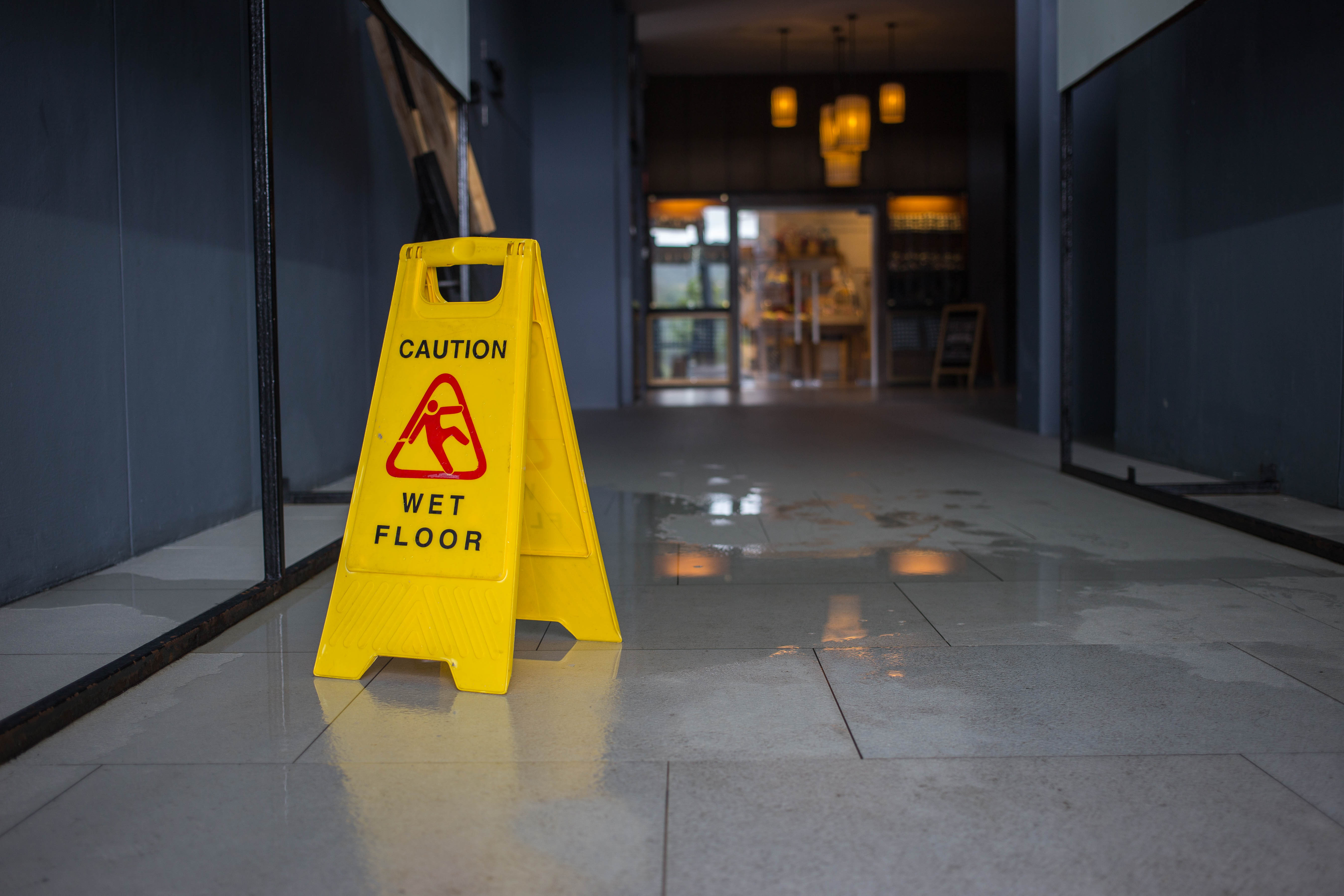

People unfamiliar with the state laws are often rattled to learn that they could be held liable for injuries sustained by visitors while on their premises, which were caused by the actions of third parties. A Tampa premises liability attorney can answer any questions you have about your accident and let you know how to move forward.
It seems incredible that persons unaware of the law of tort could end up getting sued because someone broke his ankle, spilled milk on their store, or worse, crashed a car bumper on one of the walls.
Premises liability is a concept of law that covers the liability of a property owner for any harm that can occur to people on his premises.
Under the concept of premises liability, managers, landlords, and property owners must provide a safe environment for visitors or tenants on their premises.
But accidents keep on happening. This is the reason Florida law can get very serious when visitors are hurt at your house, business, or other property that is under your care. Property owners must maintain their properties in the safest possible condition for all visitors.
In this type of case, a visitor can assert that a dangerous condition inside the property led to his getting injured and that the owner of the property should be held responsible.
Many premises liability cases in Florida arise out of negligence, and for the case to be successful, the victim must prove that the owner of the property was negligent when it comes to ownership and maintenance of the property.
Negligence refers to the owner’s failure to use reasonable care in connection with his property.
However, it is crucial to recognize the fact that just because you got injured in someone else’s property, the owner was negligent. Besides, if the property may have been unsafe, it does not always mean that the owner was negligent.
Here’s when you need a lawyer to prove that the owner of a property knew or ought to have known that the property posed a risk. And even when he knew it, he failed to take necessary steps to remedy the situation.
Here are the main types of liability cases in Florida:
As indicated, premises liability covers a wide range of fact scenarios. They usually occur in offices, factory or apartment buildings. This is the reason large apartment buildings hire door attendants or security guards to keep the doors locked.
Duty of care is a principle that measures how liable a property owner is for the victim’s injuries that happen under his watch. In this doctrine, visitors on the premises for business purposes, and other social reasons, are owed much higher esteem of care by the property owner than mere pedestrians and passersby.
But, in some instances, the owner may be held liable for the injuries of trespassers, especially if:
All personal injury plaintiffs should note that property owners apply certain defenses to evade liability. These include:
When children trespass, a different rule may apply. In a case of children wandering around the property without permission, property owners have a duty to ensure the premises are safe.
It’s the duty of the property owner to inspect the property to establish the presence of potentially risky conditions that may attract children. If these conditions exist, the owner should act swiftly to fix the unsafe condition.
Most property owners have the resources to engage attorneys to defend them even if they are liable. Thus, don’t try to represent yourself. Call Shrader’s Law today at 813-360-1529 and Get help by Tampa premises liability attorney to get justice.

 ADDRESS : 902 N. Armenia Ave, Tampa FL 33609
ADDRESS : 902 N. Armenia Ave, Tampa FL 33609